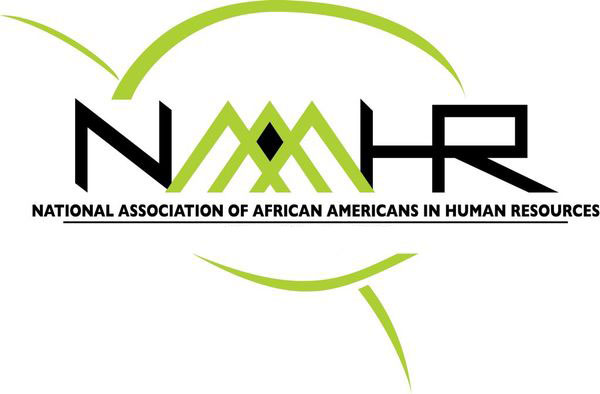What Does The Human Resources Assistant Do?
A Human Resources (HR) Assistant plays a crucial role in the smooth operation of an organization’s HR department. They are often the first point of contact for employees and potential hires, providing essential support in various HR functions. Here’s a comprehensive look at the responsibilities and duties of an HR Assistant:
1. Recruitment and Onboarding
- One of the primary responsibilities of an HR Assistant is to support the recruitment process. This includes:
- Job Posting: Creating and posting job advertisements on various platforms to attract potential candidates.
- Screening Resumes: Reviewing applications and resumes to shortlist candidates who meet the job requirements.
- Scheduling Interviews: Coordinating interview schedules between candidates and hiring managers.
- Conducting Initial Interviews: Sometimes, HR Assistants conduct preliminary interviews to assess candidates’ suitability.
- Onboarding: Assisting with the onboarding process for new hires, which includes preparing orientation materials, setting up workstations, and ensuring all necessary paperwork is completed.
2. Employee Records Management
- HR Assistants are responsible for maintaining accurate and up-to-date employee records. This involves:
- Data Entry: Entering and updating employee information in HR databases.
- File Management: Organizing and maintaining physical and digital employee files.
- Compliance: Ensuring that all employee records comply with legal and company policies.
3. Benefits Administration
- HR Assistants often help manage employee benefits programs. Their tasks may include:
- Enrollment Assistance: Helping employees enroll in health insurance, retirement plans, and other benefits.
- Answering Queries: Responding to employee questions about benefits and assisting with any issues that arise.
- Record Keeping: Maintaining accurate records of employee benefits and ensuring timely updates.
4. Payroll Support
- While payroll is typically handled by a dedicated payroll department, HR Assistants may provide support by:
- Timekeeping: Collecting and verifying employee timecards and attendance records.
- Data Entry: Entering payroll data into the system.
- Issue Resolution: Assisting employees with payroll-related questions and resolving discrepancies.
5. Employee Relations
- HR Assistants play a role in fostering positive employee relations by:
- Communication: Acting as a liaison between employees and management, ensuring clear and effective communication.
- Conflict Resolution: Assisting in resolving workplace conflicts and addressing employee grievances.
- Employee Engagement: Supporting initiatives to boost employee morale and engagement, such as organizing events and activities.
6. Training and Development
- Supporting the training and development of employees is another key responsibility. This includes:
- Training Coordination: Scheduling and organizing training sessions and workshops.
- Material Preparation: Preparing training materials and resources.
- Tracking Progress: Monitoring and recording employee participation and progress in training programs.
7. Administrative Support
- HR Assistants provide general administrative support to the HR department, which can involve:
- Correspondence: Handling HR-related correspondence, such as emails and letters.
- Meeting Coordination: Scheduling and organizing HR meetings and taking minutes.
- Office Supplies: Managing office supplies and ensuring the HR department is well-stocked.
8. Compliance and Reporting
- Ensuring compliance with labor laws and company policies is a critical aspect of the HR Assistant’s role. This includes:
- Policy Implementation: Assisting in the implementation and communication of HR policies and procedures.
- Reporting: Preparing reports on various HR metrics, such as employee turnover, recruitment statistics, and training outcomes.
- Audits: Assisting with internal and external HR audits to ensure compliance with regulations.
9. Supporting HR Projects
- HR Assistants often support various HR projects and initiatives, such as:
- Diversity and Inclusion: Participating in initiatives to promote diversity and inclusion within the organization.
- Employee Wellness: Supporting programs aimed at improving employee health and well-being.
- HR Technology: Assisting with the implementation and maintenance of HR software and systems.
The role of an HR Assistant is multifaceted and essential to the effective functioning of the HR department. They handle a wide range of tasks, from recruitment and onboarding to employee relations and compliance. By providing vital support in these areas, HR Assistants help ensure that the organization runs smoothly and that employees are well-supported and engaged.



